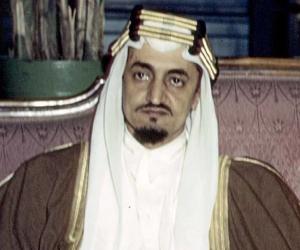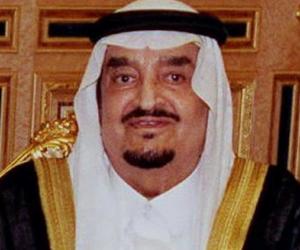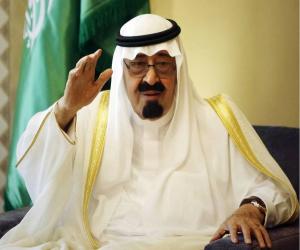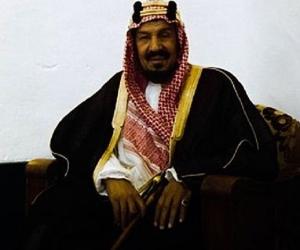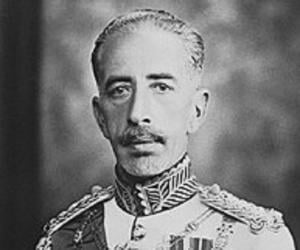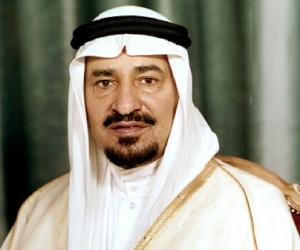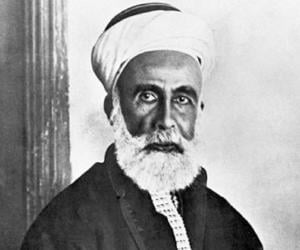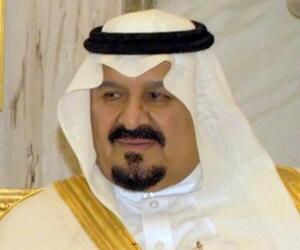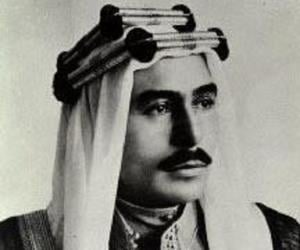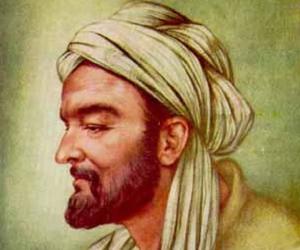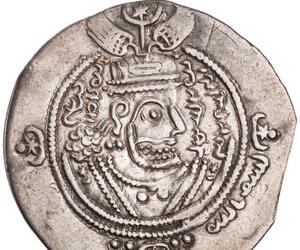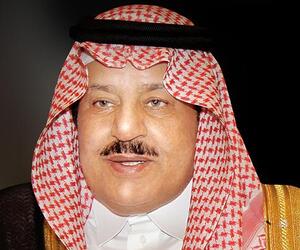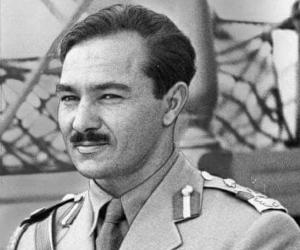1
Salman bin Abdulaziz Al Saud
(King and Prime Minister of Saudi Arabia)
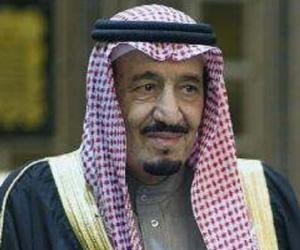
21
10
Birthdate: December 31, 1935
Sun Sign: Capricorn
Birthplace: Riyadh, Saudi Arabia
Salman bin Abdulaziz Al Saud has held various key positions in Saudi Arabia, including deputy governor and governor of Riyadh, as well as minister of defense. He became Crown Prince in 2012 and then assumed the role of King in 2015 following the death of his half-brother, King Abdullah. As King, Salman has overseen significant initiatives such as the Saudi intervention in the Yemeni Civil War, Saudi Vision 2030, and granting Saudi women the right to drive. His son, Crown Prince Mohammed bin Salman, plays a prominent role in the country's leadership due to Salman's health issues.
